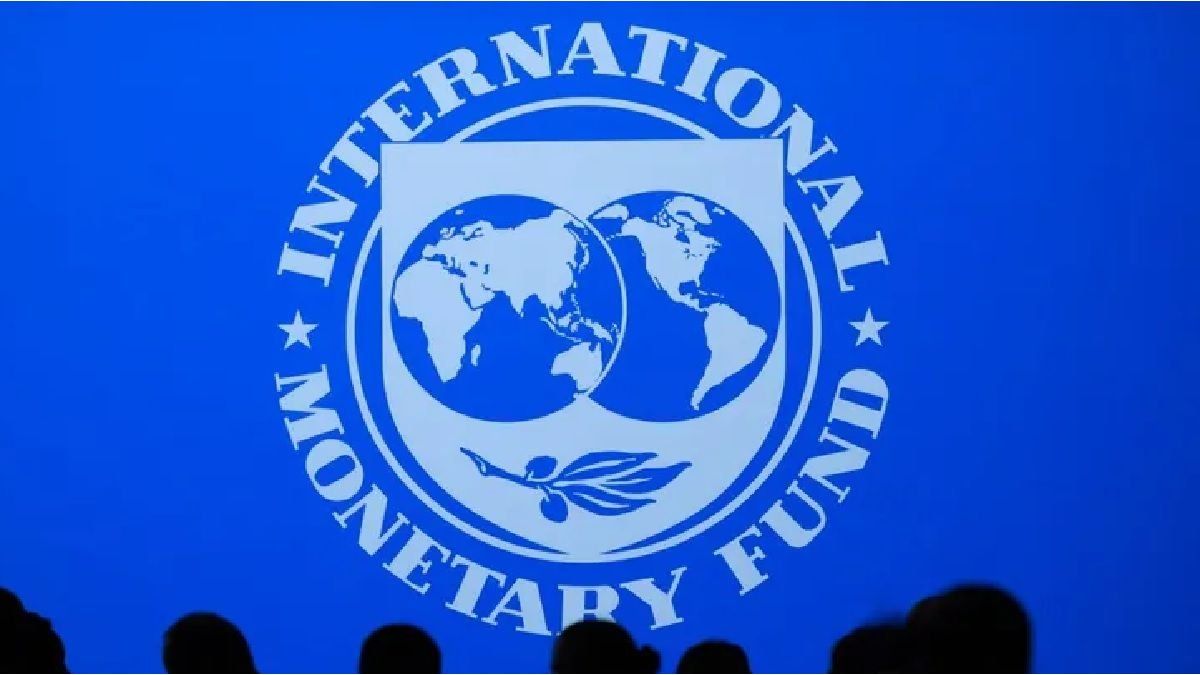After intense negotiations, the Palace of Treasury finally reached an understanding with the International Monetary Fund (IMF) to advance in the revision of the Argentine program and obtain the disbursements foreseen for the second half of the year.
Through a joint communication, via social networks, both the Argentine authorities and the agency reported that “The teams from the Ministry of Economy and Central Bank of Argentina and the IMF Staff have completed the core aspects of the technical work of the next review.”
The statement also notes that “the central objectives and parameters have been agreed that will be the basis for a Staff Level Agreement (technical agreement) that is expected to be finalized in the next few days to then move towards the revision of the Argentina program”.
With the foundations for the reformulation established, the final letter of the technical agreement would be completed in the next few days virtually between Washington and Buenos Aires. It is expected that you can meet the understanding towards Wednesday or Thursday of this week, according to sources close to the negotiation.
The communication via social networks recognizes the unfavorable conditions that the Argentine economy is going through as a consequence of the drought that reduced by about US$20,000 million income from agricultural exports. Point out that the agreement “seeks to consolidate fiscal order and strengthening reserves recognizing the strong impact of the drought, the damage to exports and the country’s tax revenues”.
To reach an understanding, numerous efforts were made both by the delegation of the Ministry of Economy who traveled to USA as of the holder of the portfolio, Sergio Massa, that he was negotiating until late Saturday, as he learned Ambit.
In official media it is stated that the intervention of both the White House and the United States Congress was decisive in getting the talks back on track.
embed
1/ The teams from the Ministry of Economy and Central Bank of Argentina and the IMF staff have completed the core aspects of the technical work of the next review. pic.twitter.com/1BcV7p3cIN
– IMF (@FMInoticias) July 23, 2023
The agreement reached will immediately allow the unlocking of some US$4,000 million in disbursements scheduled for the end of June and that were not transferred due to the country’s failure to meet the goals agreed upon before the impact of the drought. In the first half of the year, Argentina was unable to meet the targets for reserve accumulation, fiscal deficit, and monetary financing of the deficit.
The progress in the negotiation comes at a key moment since at the end of the month payments must be made for about US$2.700 million in a moment of external fragility.
He central bank has been accumulating 7 consecutive weeks of net sales in the foreign exchange market. So far this month the BCRA broke away from US$1,400 million and US$4,400 million in the year.
Net reserves are in negative territory at US$7.9 billionas calculated by Ecolatina.
Measures
Based on this understanding, it is expected that in the next few hours the Ministry of Economy will announce a set of measures.
In principle, and as far as he could know Ambit from a high official source, a differential dollar will be announced for regional economies and corn. This benefit will be for only those export quotas and not for the domestic market. The value of this agro dollar It is estimated that it could be around $350, but there was no official confirmation about it.
embed
The teams from the Ministry of Economy and Central Bank of Argentina, and the IMF Staff have completed the core aspects of the technical work of the next review.
– Ministry of Economy of the Nation (@Economia_Ar) July 23, 2023
Also, it will establish COUNTRY tax to imports referring to luxury services and products, but products destined for the basic food basket and energy-related sectors will be exempted from this exchange rate. Also, Those who export and also import if they pay for their imports with exports will not pay VAT or Country tax.
“The objective of these measures is to strengthen reserves and improve tax collection,” I explain to this newspaper a high source of the Palacio de Hacienda.
It remains to be seen if the IMF will send advance disbursements for some 8,500 million dollars. Likewise, as soon as the fiscal deficit target will be stipulated (the current agreement provides for a primary imbalance of 1.9% of GDP) and the reserve accumulation target.
Source: Ambito




